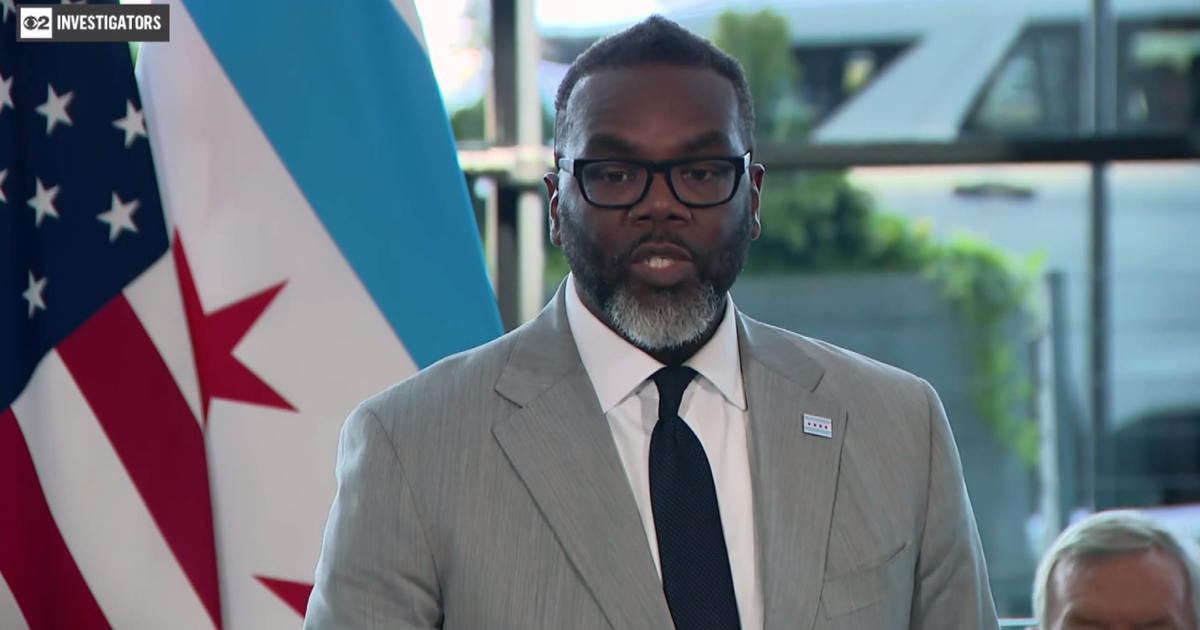80,000 Deaths Caused By Flu Last Season, CDC Says
(CNN) -- An estimated 80,000 Americans died of flu and its complications last winter, according to the US Centers for Disease Control and Prevention. This means it was the deadliest season in more than four decades -- since 1976, the date of the first published paper reporting total seasonal flu deaths, said CDC Spokeswoman Kristen Nordlund.
In previous seasons, flu-related deaths have ranged from a low of about 12,000 during the 2011-2012 season to a high of about 56,000 during the 2012-2013.
Overall, the United States experienced one of the most severe flu seasons in recent decades. Severity is based on flu activity, hospitalizations, and deaths from pneumonia or influenza, explained Nordlund. She added, "across the board, last year was definitely bad."
The season began with an increase of illness in November; high activity occurred during January and February, and then illness continued through the end of March.
"The thing that was most notable about last year was how high in terms of activity things were," said Nordlund. She explained that last season, unlike previous seasons, flu did not strike one region of the country and then move across the land. "There were three consecutive weeks when the entire continental US was affected by flu at a very high level," she said.
The 2017-2018 season was also marked by high severity across all age groups -- the first season where the CDC found that to be the case.
Overall, the effectiveness of the seasonal flu vaccine for last season was estimated to be 40%. This means the flu vaccine reduced a person's risk of having to seek medical care by 40%, the CDC found.
The-CNN-Wire
™ & © 2018 Cable News Network, Inc., a Time Warner Company. All rights reserved.
CBS 2 asked Dr. Matthew Kipppenhan, the Central Region Medical Director for Northwestern Medicine Immediate Care Centers in Chicago, about why last year's flu was so deadly and how to prevent getting sick this year. See his responses below:
Question 1: Why was last year's flu so deadly?
Last year flu season was more severe for a few reasons. Influenza A H3N2 was the dominant strain and tends to be more severe. There were similar spikes in this strain in years prior. Also the flu season started in earnest last year in November. Given travel and gatherings around the holidays, there was likely more opportunity for spread.
The nature of the vaccine requires it to be developed several months prior to flu season, and unfortunately the vaccine in 2017-18 season turned out to only be 30% effective against the prevalent strains. This decreased effectiveness leads to more cases overall.
Flu is especially dangerous for those with chronic medical conditions and the elderly. As our society continues to age and accumulates these problems, flu will present more dangers each year.
Question 2: How can people prevent getting the flu?
Prevention. The most important thing is to get the influenza vaccine which is easily and conveniently provided at all of our Northwestern Medicine Immediate Care Centers in Lakeview, River North, Streeterville and now the West Loop. Recommended for all except those with allergies or medical conditions that preclude this. Especially important for children, older adults, pregnant women, those with lung disease or other chronic medical conditions. Flu is spread by droplets so it's important to wash hands, and avoiding contact with others who are ill. If you are sick with fever and respiratory illness do not go to work/school in order to protect others.
Question 3: Do you know if this year's flu vaccine strain will work?
It is difficult to predict the vaccine's effectiveness until we start seeing cases. The vaccine has been updated to reflect circulating strains that are prevalent in the southern hemisphere at this time during this hemisphere's winter season. However, the circulating strains can change over the season.
The major point is that the vaccine is safe and is the most effective option we have to decrease the number of influenza cases we see. Even if it doesn't capture all circulating strains, the more people that get the vaccine the safer it is for everyone to stay influenza free. Getting a flu vaccine will protect not only you, but also your family and co-workers. It only takes 5 minutes of your time and may save your life.



